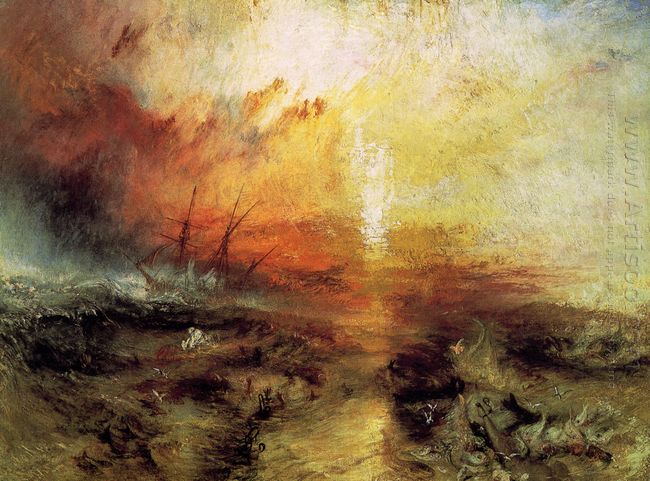It can be said that the pursuit of the knowledge about palette is endless and inscrutable. There are no rigid formulas, but depending on feeling and aura. Everyone has his own habits of palette, and someone else’s good experience may not achieve the same results for their different experiences and habits. Only through constant practice and form our own color matching skill from our own experience on painting, can the skill become means of convincing. The following points about basic color matching skill are for your reference:
- The true color matching is not on the pallet, but on the canvas, because only the picture could tell you what color you need. Even simple blending several colors, the picture presented on the canvas is the final consolidated. If you mixed the colors excessive balance, the color would be monotonous and rigid.
- There should not have too much colors, ten kinds or so is enough, such as white, lemon yellow, vermillion, acid blue, black and so on.
- You can divide the colors into two parts when you put them on the pallet, one side is warm color, and another side is cold color. And every kind of color arranged from shallow to deep.
- Color white, yellowish brown, terra rossa, brown, terre verte, emerald green, ultramarine and black are the basic color that common used in painting. They are also not easy discoloration.
- Powder green and lavenderblush are the blending color on the face and body intermediate surface.
- Learn to use ivory black, for it is as important as color white.
- The color blending should accounts for a large area, while the color contrast should be small area.
